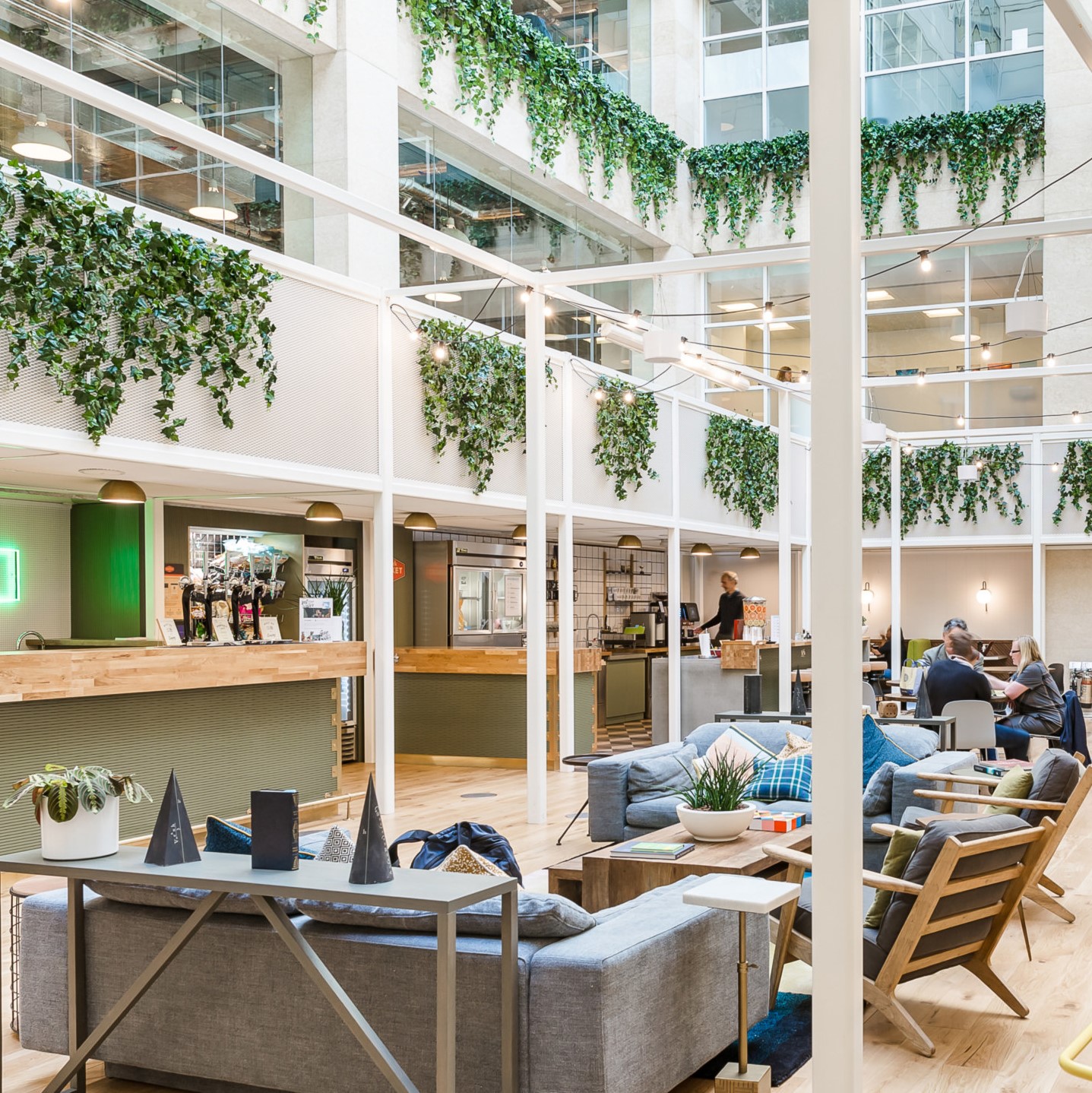To provide the best experiences, we use technologies like cookies to store and/or access device information. Consenting to these technologies will allow us to process data such as browsing behaviour or unique IDs on this site. Not consenting or withdrawing consent, may adversely affect certain features and functions.
The technical storage or access is strictly necessary for the legitimate purpose of enabling the use of a specific service explicitly requested by the subscriber or user, or for the sole purpose of carrying out the transmission of a communication over an electronic communications network.
The technical storage or access is necessary for the legitimate purpose of storing preferences that are not requested by the subscriber or user.
The technical storage or access that is used exclusively for statistical purposes.
The technical storage or access that is used exclusively for anonymous statistical purposes. Without a subpoena, voluntary compliance on the part of your Internet Service Provider, or additional records from a third party, information stored or retrieved for this purpose alone cannot usually be used to identify you.
The technical storage or access is required to create user profiles to send advertising, or to track the user on a website or across several websites for similar marketing purposes.
 UK based storage firm Bisley has been awarded its second Design Guild mark for BOB, a hand-crafted modular storage and display system developed in collaboration with award winning British designer Paul Kelley. BOB’s configurations can be adapted for any use and environment, whether at home or in the workplace. The collaboration unifies Kelley’s design innovations with the craftsmanship and manufacturing expertise of Bisley. (more…)
UK based storage firm Bisley has been awarded its second Design Guild mark for BOB, a hand-crafted modular storage and display system developed in collaboration with award winning British designer Paul Kelley. BOB’s configurations can be adapted for any use and environment, whether at home or in the workplace. The collaboration unifies Kelley’s design innovations with the craftsmanship and manufacturing expertise of Bisley. (more…)
























 Cities with tech innovation-oriented cultures have a strong competitive advantage amongst those investing in commercial real estate, claims
Cities with tech innovation-oriented cultures have a strong competitive advantage amongst those investing in commercial real estate, claims 
 Employers need to better understand the needs of younger candidates, particularly that of flexible working, says Gartner, after its latest Global Labor Market Survey claims that a rise in Gen Z candidate’s regrets is leading to high turnover, low engagement and low productivity. According to the survey, 40 percent of Gen Z respondents reported that they would not repeat their decision to accept the job offer they had accepted and only 51 percent said they could see themselves having a long career at their organisation. More than one-third of candidates who regret their decision intend to leave their position within 12 months.
Employers need to better understand the needs of younger candidates, particularly that of flexible working, says Gartner, after its latest Global Labor Market Survey claims that a rise in Gen Z candidate’s regrets is leading to high turnover, low engagement and low productivity. According to the survey, 40 percent of Gen Z respondents reported that they would not repeat their decision to accept the job offer they had accepted and only 51 percent said they could see themselves having a long career at their organisation. More than one-third of candidates who regret their decision intend to leave their position within 12 months.








May 16, 2019
Working from home and the future of work. How quaint 0
by Mark Eltringham • Comment, Flexible working, Property, Technology
(more…)